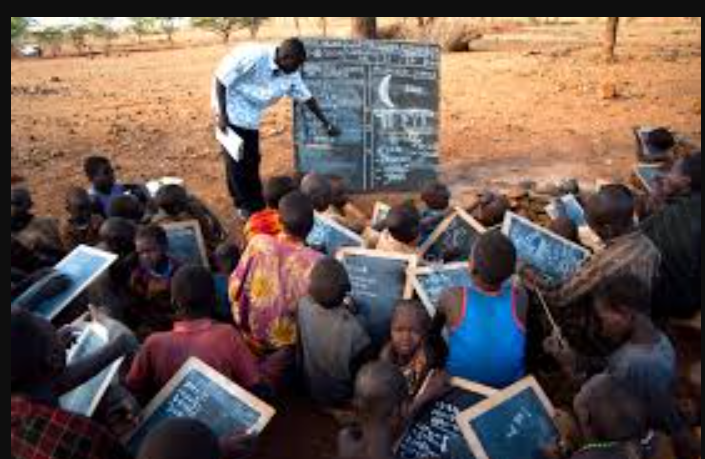Nigeria’s education sector stands at a critical juncture as the Minister of Education, Dr. Tunji Alausa, issues a bold directive to the Teachers Registration Council of Nigeria (TRCN) to eliminate unqualified teachers from the classroom and revoke the licenses of those who tarnish the dignity of the profession. While the intent to restore professionalism is both timely and necessary, education experts and grassroots reformers are urging caution, warning that mass purges without systemic solutions could worsen the crisis.
The urgency is undeniable. Nigeria faces an education emergency of staggering proportions: over 20 million children are out of school, there is a shortage of more than 280,000 qualified teachers in public primary schools alone, and 73 percent of 10-year-olds cannot read and understand a simple sentence, according to the World Bank. In this context, the removal of uncertified teachers without a robust transition plan risks deepening the very gaps the policy seeks to address—especially in underserved areas where even unqualified teachers are often the only educational presence available.
Across Nigeria’s classrooms—particularly in low-fee private, faith-based, and community schools—are thousands of dedicated individuals who may lack formal qualifications but have filled critical gaps left by an under-resourced system. Their commitment and capability should not be overlooked simply because they lack certificates. The challenge, experts argue, is not to discard these teachers but to develop them.
Global examples show that reform, not removal, is the path to sustainable change. Sierra Leone’s “Teach for Quality” programme allowed teachers to receive training and certification while remaining in the classroom. Pakistan introduced flexible certification pathways tailored to community-based educators. Ghana built community colleges offering modular and distance education to regularise informal teachers without interrupting learning continuity.
In Nigeria, such inclusive strategies are both possible and necessary. Stakeholders are urging TRCN, under its new registrar, Mrs. Ronke Soyombo, to seize the opportunity for deep reform. A proposed three-track plan outlines a more balanced approach: first, professionalise without collapsing access by identifying uncertified but active teachers and placing them on a probationary pathway to certification. Modular, blended training delivered in partnership with colleges, NGOs, and EdTech platforms could ensure quality while preserving access.
Secondly, the bar for future teachers must be raised. This includes stricter entry requirements into teacher training institutions, revamped curricula, and targeted incentives to attract top talent. TRCN licensure should become a standard hiring requirement, but new teachers must be supported to meet that standard through mentorship and professional development.
The third track involves building inclusive teacher pathways. Recognising prior experience, expanding distance and online learning, and adopting community-based recruitment and mentorship models—similar to Teach For Nigeria or India’s “Guru Dakshata”—can open the profession to a wider and more diverse pool of capable educators.
At the heart of the debate lies a critical question: who truly tarnishes the teaching profession? While much attention is placed on unqualified teachers, many argue that it is the systemic neglect—underfunded training colleges, poor teacher remuneration, lack of support structures—that has done the real damage. Fixing education cannot rely on purges; it demands investment, inclusivity, and thoughtful reform.
The dignity of teaching will not be restored by simply removing those who have kept the system afloat under impossible conditions. It will be restored by building a system that uplifts, empowers, and professionalises those who have stepped into the gap—and ensures that no child is left behind for lack of a qualified teacher.

